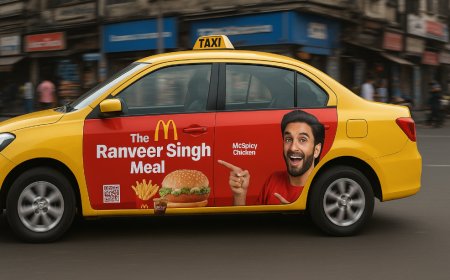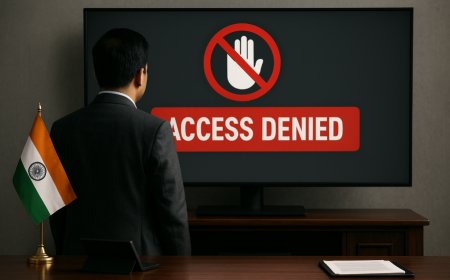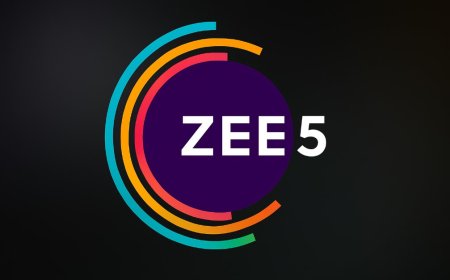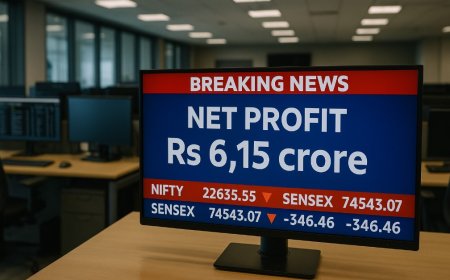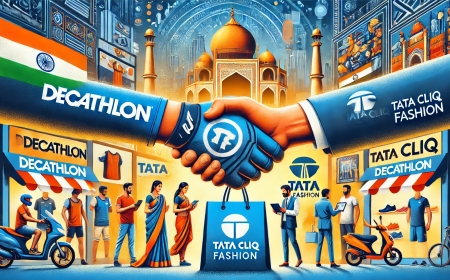Analogue Paneer Controversy: Why Influencers Need to Stir with Caution, Not Clout
The analogue paneer debate has sparked heated online conversations—but experts warn that influencer clout chasing without context can misinform consumers and harm credibility.

Introduction: When Paneer Sparks a PR Firestorm
What started as a seemingly casual food comparison turned into a full-blown controversy, as several social media influencers recently took aim at "analogue paneer", a term that quickly ignited consumer confusion and criticism.
But industry experts are calling for calm—and accountability. Behind the viral videos and dramatic thumbnails lies a more nuanced discussion about food standards, influencer responsibility, and the risks of half-baked content creation in the digital age.
What is Analogue Paneer Anyway?
At the heart of the controversy is the term “analogue paneer”—which refers to non-dairy or partly synthetic substitutes designed to mimic the texture and appearance of traditional paneer. These products often contain vegetable fats instead of pure milk solids, and are sometimes used in bulk catering to cut costs.
While not illegal per se, such products must be labeled clearly, as per FSSAI (Food Safety and Standards Authority of India) guidelines. The issue arises when such products are sold as “real paneer” without disclosure, violating both consumer trust and food safety norms.
How the Controversy Unfolded
Several influencers recently shared videos and posts exposing the presence of analogue paneer in popular eateries, often using sensational language like “fake paneer” or “plastic paneer.” The content quickly gained traction, stoking fears among viewers and pushing the topic into mainstream food discourse.
However, many of these posts lacked scientific validation, regulatory context, or brand responses, leading to a rise in misinformation and public panic.
Experts Step In: Context Matters
Food technologists and regulatory professionals have since spoken out, clarifying that:
-
Not all “analogue paneer” is illegal—but mislabeling is
-
Certain processed cheese-like variants are approved under strict standards
-
Blanket criticism without lab tests or verified sourcing is misleading
Their main concern? Influencers may be chasing engagement at the expense of truth, potentially damaging the reputation of legitimate businesses and confusing consumers.
The Real Issue: Clout Over Clarity
This controversy has become a case study in digital responsibility. In the race to stay relevant and viral, many content creators may:
-
Post without verifying facts
-
Use alarmist language to draw views
-
Skip balanced reporting or expert consultation
The outcome? Public mistrust, industry backlash, and even potential legal consequences for defamation or misinformation.
How Influencers Can Act Responsibly
As content creators continue to shape public opinion, especially around health and food, ethical guidelines are more important than ever. Here are some expert-backed recommendations:
-
Verify claims before publishing, especially health-related ones
-
Label opinions clearly—avoid presenting speculation as fact
-
Consult qualified experts where possible
-
Disclose partnerships and maintain transparency with viewers
-
Avoid fear-based content that may trigger unnecessary panic
Conclusion
The analogue paneer row is more than just a trending topic—it’s a reminder that influence comes with responsibility. In an era where digital creators are seen as trusted voices, accuracy, context, and accountability matter more than ever.
What's Your Reaction?
 Like
0
Like
0
 Dislike
0
Dislike
0
 Love
0
Love
0
 Funny
0
Funny
0
 Angry
0
Angry
0
 Sad
0
Sad
0
 Wow
0
Wow
0





